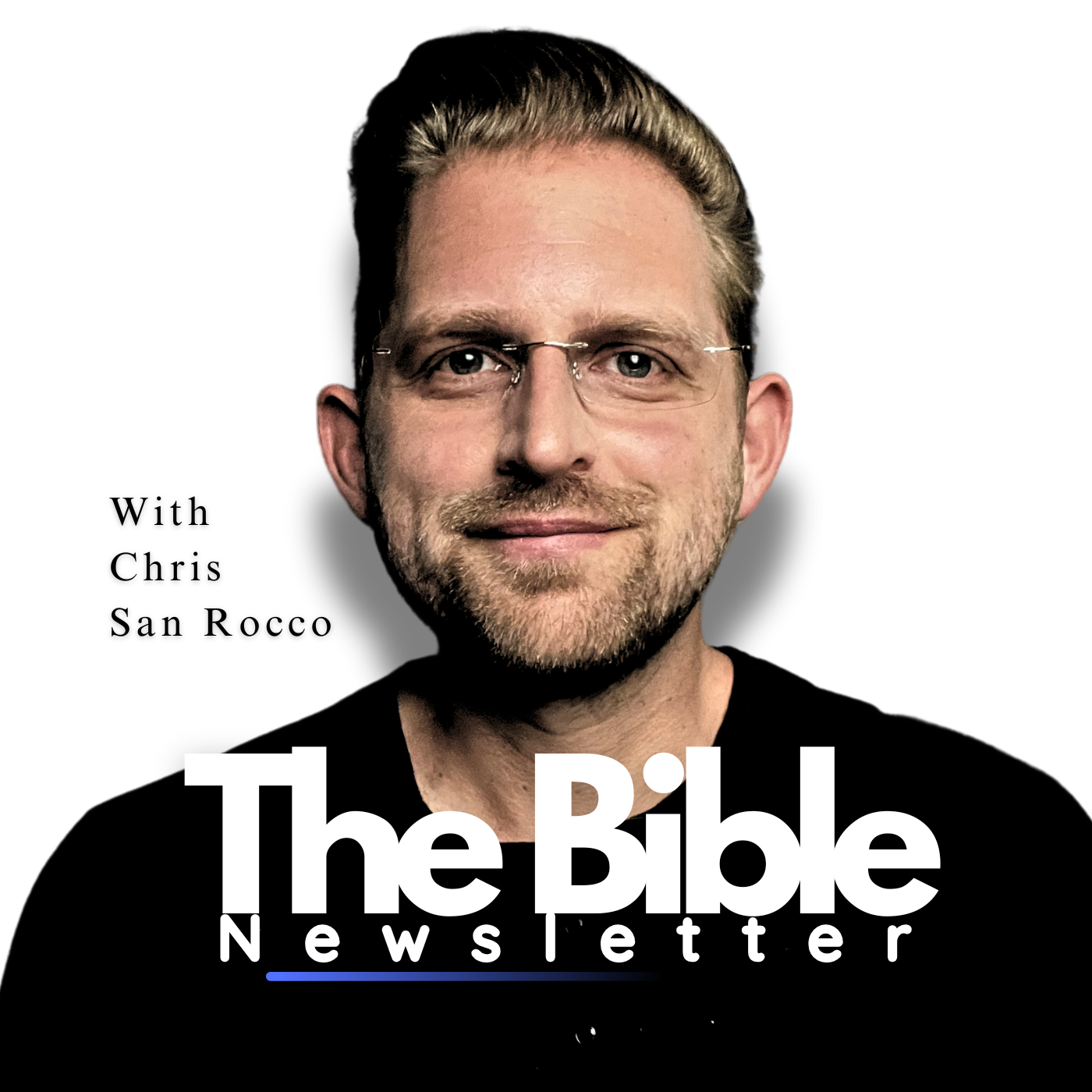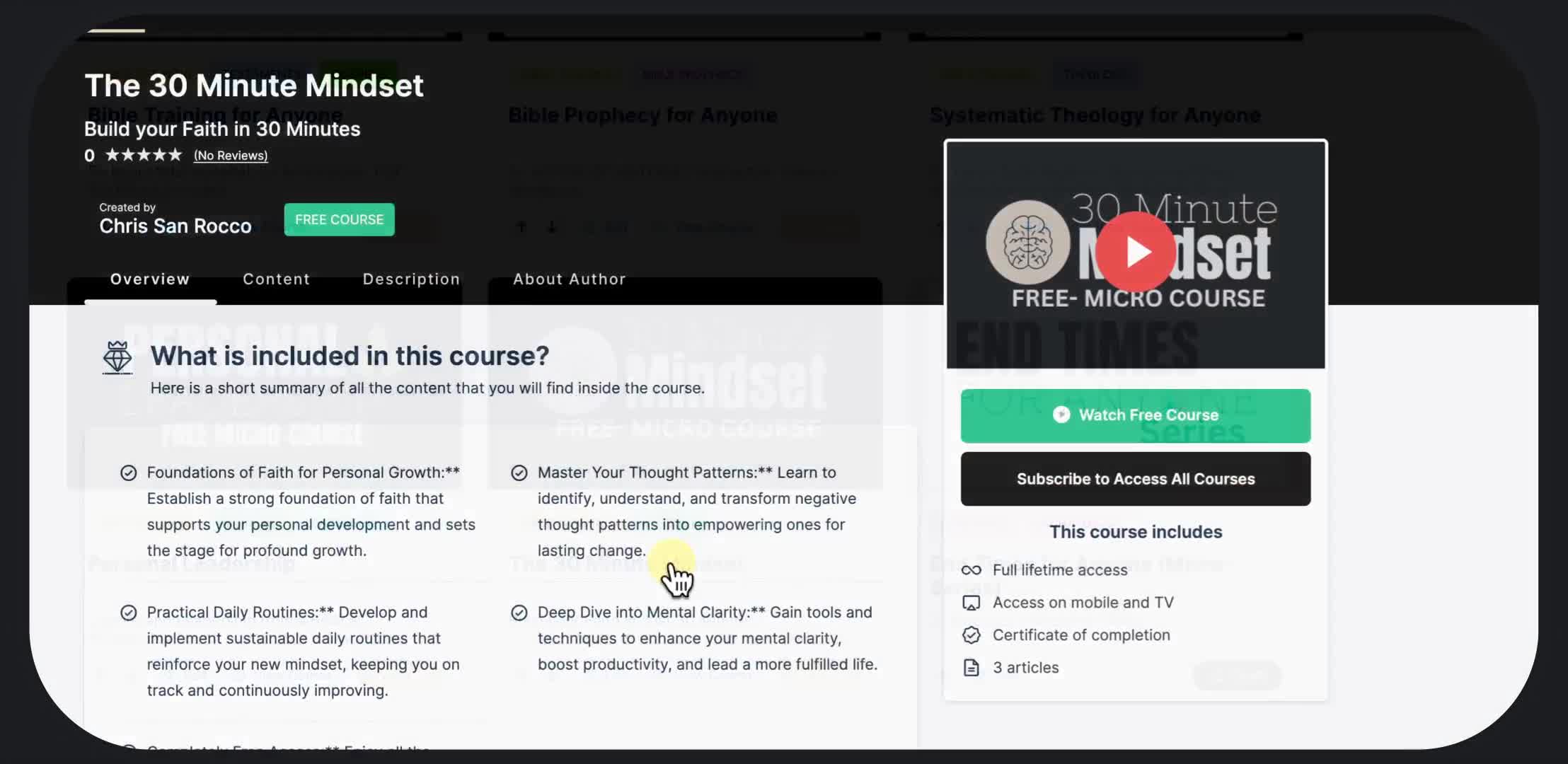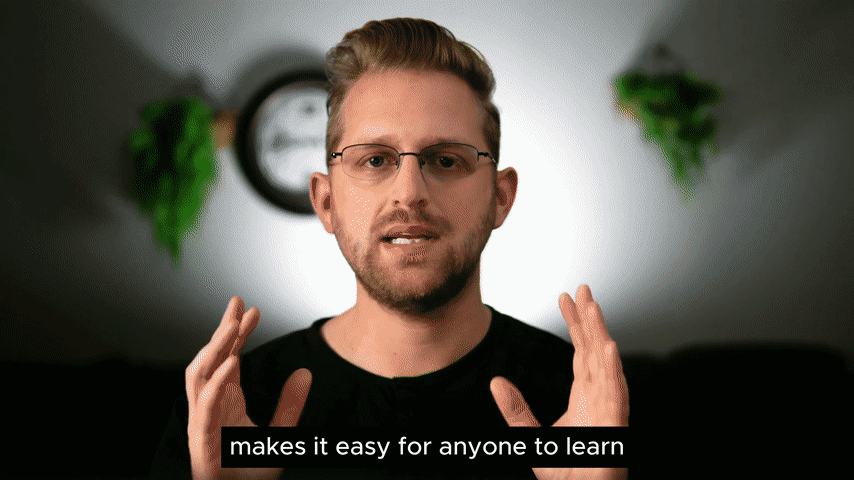Systematic Theology Course Overview
Theology can be a complicated subject with alot to go over.
My goal is to make that much more simple for you with this course.
I’m Chris San Rocco: Founder and Speaker at San Rocco Studies and I began studying years ago and at times the information was dense and difficult to understand. Spending endless hours taking notes, putting what I thought was a complete study together, to go back and have to do it again.
Learning systematic theology should be fun and interactive.
The crazy thing is, I could've done all of this twice as fast.
In fact, I've made a bunch of mistakes and I almost quit after a few short months into the journey.
But, this all changed when I discovered something really important about being my own journey as a creator.
"LEARNING THEOLOGY SHOULD BE FUN! 😀"
IT IS A LIFE LONG PROCESS AND SKILL TO MASTER BUT I BELIEVE THERE IS A FASTER APPROACH TO GETTING THE RIGHT INFORMATION IN A CONCISE PACKAGE!
And the simple strategies, tools, and principles that work can also be used to help us in our studies and faith! That's it. That's the secret.
The challenges when learning theology
Long Books: We love reading and would never say to stop but when wanting to learn a specialized subject such as Theology, we have found that Video is a wonderful way to learn while you get to interact.
Complicated material : There are a lot of very knowledgeable people out there but if that information is not presented properly its hard to stay focused on
Sound Doctrine: We are big believers in looking at everything on the context it was written.
THERE CAN BE ALOT OF CONFUSION AND MIXED MESSAGES AROUND THEOLOGY AND LEARNING WHAT IS CORRECT SOUND DOCTRINE FROM WHAT IS NOT. THERE ARE TOPICS WE NEED AND WANT TO HAVE THE RIGHT ANSWERS FOR…
WHAT'S IN THE COURSE?
The Systematic Theology for Anyone course is a self-paced online course, with 3+ hours of content across 20+ lessons, where you'll learn everything there is to know about theology and how to apply it to life in practical terms.
In particular, we'll be taking a deep dive into the principles, lessons, and tools we can use to achieve consistent and sustainable growth, giving you a bunch of actionable + timeless insights you can use immediately.
By The End of This Course...
YOU'LL HAVE A DEEPER UNDERSTANDING OF FOUNDATIONAL CHRISTIAN BELIEFS.
🟢Enhanced ability to critically analyze and interpret theological concepts.
🟢Improved knowledge of the historical development of Christian doctrine.
🟢Strengthened faith and a more profound connection to one's spirituality.
🟢Skills for engaging in meaningful theological discussions and debates.
The part of the course will cover
key theological themes such as the nature of God
the doctrine of creation
the significance of human existence
the nature of Christ
Salvation
eschatology
and more...
By structuring the material in a systematic manner, students are able to grasp the interconnectedness of theological concepts and develop a robust framework for understanding their faith.
One key aspect of this Chapter of the course is the examination of primary sources, including sacred scriptures, historical theological writings, and doctrinal statements. You will engage in critical analysis and interpretation of these sources, gaining a deeper insight into the historical development of theological ideas and the diversity of perspectives within a religious tradition. This approach encourages intellectual rigor and fosters a nuanced understanding of the richness and complexity of theological discourse.
Furthermore, this chapter of the Bible training course should encourage you to engage in constructive theology, where they apply theological principles to contemporary issues and challenges. This involves the exploration of how theological doctrines can inform ethical decision-making, social justice initiatives, and responses to contemporary cultural issues. By connecting theology to real-world concerns, students are equipped to apply their learning in meaningful ways, fostering a deeper integration of faith and practice.
Overall, this systematic theology course serves as a foundational and intellectually stimulating exploration of the core tenets of a religious tradition, providing students with the tools to critically engage with their faith and the broader world.
Show Transcripts



